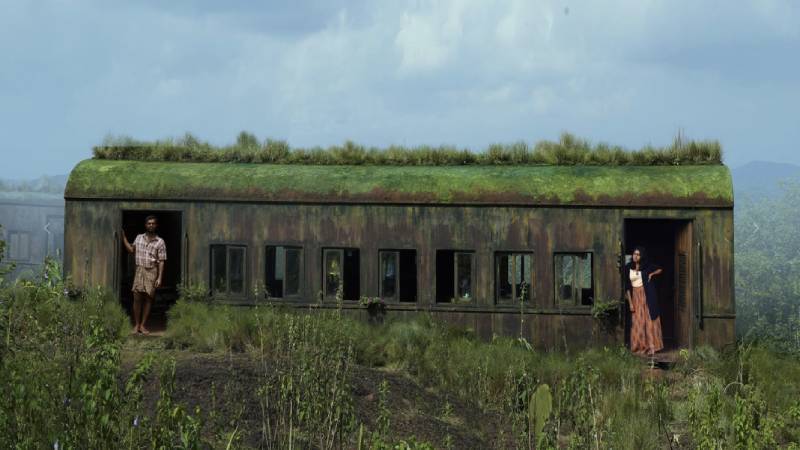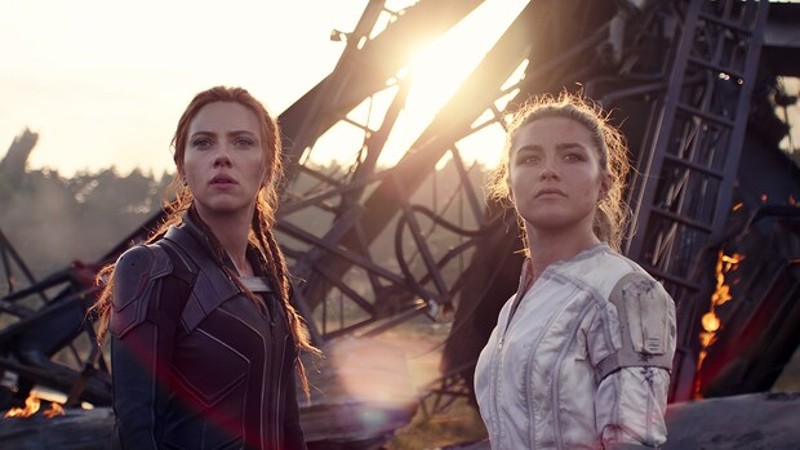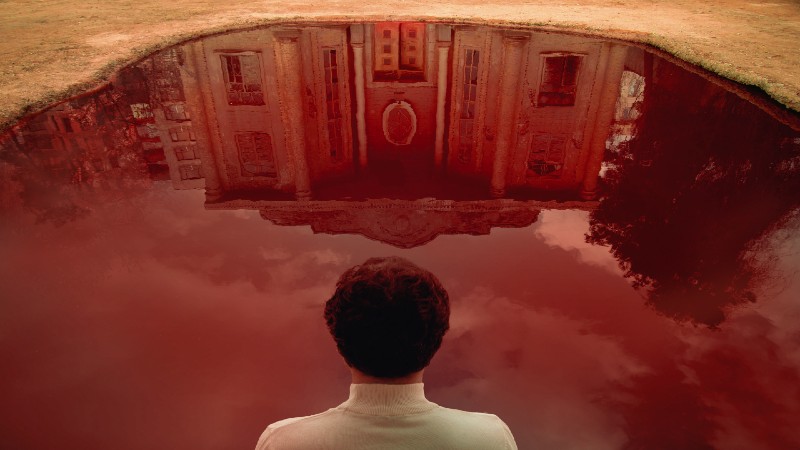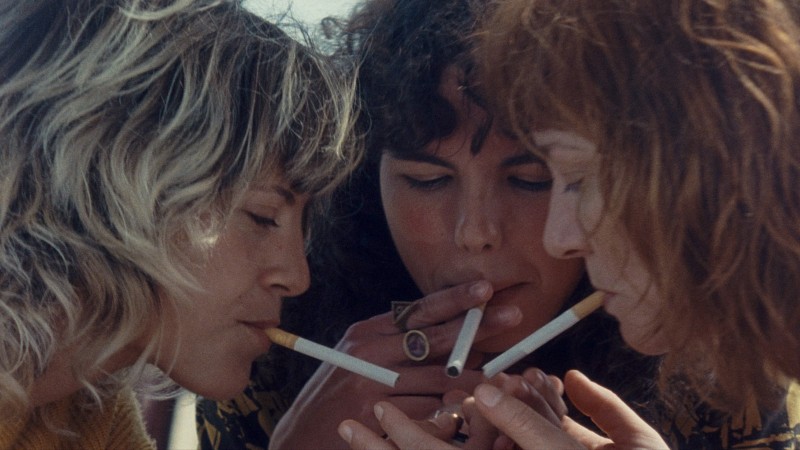Last year, I was privileged to be invited for the first time by our publisher-editor Victor Fraga to attend the Tallinn Black Nights Film Festival. This year I’m back again, the major difference being that I have some idea of what to expect. Superb, superfast broadband while I’m there, for a start. Clean air and near- or sub-zero weather conditions (although I confess I haven’t yet checked the weather forecast). And great hospitality.
As for the films, the titles in the Critics’ Picks section were generally an impressive lot, and it grieves me to report that apart from the one British film in there, Carol Morley’s sublime Typist Artist Pirate King – a favoured director as rising star here in the UK and an obvious shoo-in – not one of the other films in the strand has made it into UK distribution. These include Dito Tsintsadze’s superb German / Georgian gangster thriller Roxy and Çigdem Sezgin’s arresting, Turkish feminist drama Suna, both of which some enterprising UK distributor ought to snap up and put out as soon as possible.
I generally dislike writing about films before I’ve seen them: we’ve all seen those films which looked great upfront and turned out to be duds, or films which look the sort to be avoided at all costs which turn out to be masterpieces. With that caveat in mind, the range of films on offer in the Critics’ Picks looks promising.
.
A new year
The strand is a little more localised this year, with most of the films from Europe or nearby, including two from Hungary, aside from two Brazilian films, one from Khazakstan, one from India and one French/Israeli production. No Oriental titles in there this year, alas, but one animated film (from Hungary).
The two Brazilian entries are Guel Arraes’ futuristic biker combat action movie Great Sertão and André Ristum’s Nobody Leaves Alive on the disappeared persons of the country’s “Colonia” hospital in Brazil. From India, Arati Kadav’s Mrs. promises a mixture of food porn and a look at the position of women in India. Prolific Greek born, top Hollywood cinematographer Phedon Papamichael (click and look him up!) puts on his directorial hat for Light Falls, a Greek-based thriller about a well-off lesbian couple from L.A. and three Albanian workers.
From Khazakstan, Ardak Amirkulov’s The Land Where Winds Stood Still deals with Soviet genocide and starvation. From Ukraine, Arkasha Nepytaliuk’s Lessons Of Tolerance promises a series of sketches on people of different views and leanings living with each other. Estonia, which is in the European Union, is not that far from Ukraine, which isn’t, and there’s clearly no love lost between Estonia and Russia. There are no Russian films in this section, which isn’t really a surprise.
For the rest, the Czech Republic’s Natálie Císařovská offers Her Body about an injured Olympic athlete forced to switch career to porno actress. In a different bodily emphasis, Maya Kenig’s The Milky Way is an Israeli drama about the commercialisation of breast milk sales. Nicholas Parish’s Brit entry The Old Man And The Land, with Rory Kinnear and Emily Beecham, sounds like another of those interesting, rural, farming dramas the UK is currently producing.
Finally, one of the two Hungarian entries is Szabolcs Hajdu’s weird sounding drama Kalman’s Day about various people visiting a loveless couple in a house by a lake. The other is the Critics’ Picks’ first animated film (hooray!), Laszló Csaki’s Pelikan Blue (pictured at the top of this article), a narrative set in the late 1980s in which three young men decide to take a train from behind the Iron Curtain to the West, in which fun turns to black market enterprise and pursuit by the authorities. The film is based on an idea by Son Of Saul’s producer Gabor Sipos.
…
.
The films below are listed in alphabetical order:
1. Fez Summer ’55 (Morocco, Abdelhai Laraki);
2. Great Sertão (Brazil, Guel Arraes);
3. Her Body (Czech Republic/Slovakia, Její Telo);
4. Kalman’s Day (Hungary/Slovakia/United States, Szabolcs Hajdu);
5. Lessons of Tolerance (Ukraine. Arkasha Nepytaliuk);
6. Light Falls (Georgia/Albania/Greece/Germany, Phedon Papamichael);
7. Mrs. (India, Arati Kadav);
8. Nobody Leaves Alive (Brazil, André Ristum);
9. Pelikan Blue (Hungary, Laszló Csaki);
10. The Land Where Winds Stood Still (Kazakhstan, Ardak Amirkulov)
11. The Milky Way (Israel/France. Maya Kenig);
12. The Old Man and The Land (United Kingdom, Nicholas Parish);
Out of competition:
13. Daaaaaali! (France, Quentin Dupieux);14. Observing (Slovenia/Croatia/North-Macedonia, Janez Burger); and15. Your Mother’s Son (Philippines, Jun Robles Lana).












